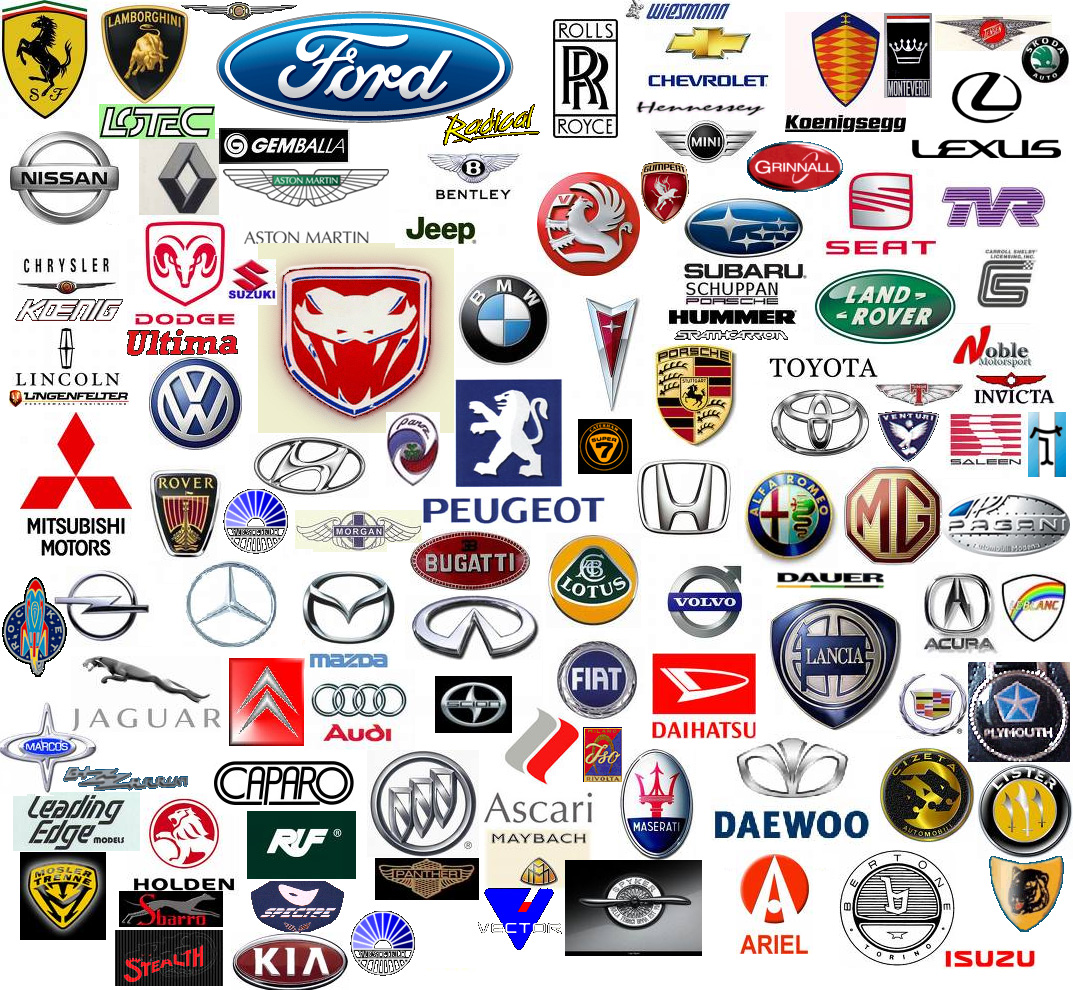Car Logos That Fly: Decoding Winged Emblems

Why do some car manufacturers choose to adorn their vehicles with winged emblems? It's a question that sparks curiosity, hinting at a deeper meaning beyond mere aesthetics. These symbols, often etched onto hoods and steering wheels, resonate with notions of flight, freedom, and aspiration. They speak to a history rich with symbolism, connecting the automobile to a legacy that transcends mere transportation.
The presence of wings on a car logo evokes a sense of speed and power. Think of a bird soaring effortlessly through the air – that image of graceful motion and effortless velocity is something automakers often want to associate with their products. A winged emblem whispers a promise of performance, a suggestion of dynamic movement, and a hint of something extraordinary.
But the story doesn't end there. The meaning behind winged car logos can vary significantly depending on the brand and its history. Some draw inspiration from mythological figures like Hermes, the Greek messenger god known for his winged sandals. Others connect to historical events, referencing aviation pioneers or wartime achievements. Understanding these nuances provides a deeper appreciation for the thought and intentionality behind these designs.
The use of winged imagery in automotive branding also raises some interesting questions. Does it effectively communicate the intended message? Does it resonate with consumers? And does it contribute to brand recognition and loyalty? These are important considerations for any company looking to leverage the power of symbolism in their marketing efforts.
Exploring the world of winged car logos reveals a fascinating intersection of art, history, and marketing. These emblems aren't merely decorative flourishes; they're carefully crafted symbols that speak volumes about a brand's identity and aspirations. They represent a powerful form of visual communication, conveying complex ideas with a simple, yet evocative image.
Historically, the use of wings on vehicles predates the automobile itself. Carriage makers often incorporated winged motifs into their designs, signifying speed and elegance. This tradition carried over into the early days of the automotive industry, where wings became a popular design element for radiator caps and hood ornaments.
The importance of these winged car logos lies in their ability to create a strong emotional connection with consumers. They tap into universal desires for freedom, adventure, and escape, associating these feelings with the brand. A well-designed winged logo can become a powerful symbol of aspiration and a key differentiator in a crowded marketplace.
One benefit of using a winged car logo is its immediate recognition. The symbol is easily understood and remembered, contributing to brand awareness. For example, the Aston Martin logo features outstretched wings, instantly recognizable and synonymous with luxury and performance. Another benefit is the association with heritage. Some brands with winged logos have a long and storied history, and the symbol serves as a visual link to that past, lending an aura of prestige and tradition.
Another example is the Chrysler winged logo, which has evolved over the years but consistently retains the core element of wings, symbolizing speed and elegance. This consistent use reinforces brand identity and builds familiarity over time. Finally, a winged logo can contribute to brand differentiation. In a market saturated with various car brands, a unique and memorable logo can help a brand stand out from the competition.
Challenges related to winged car logos include the potential for cliché or appearing outdated if not implemented thoughtfully. Solutions include modernizing the design while retaining the core winged element or finding creative ways to incorporate the wings in a more subtle or abstract manner. Another challenge is ensuring the wings align with the brand's overall message and target audience. Careful market research and brand strategy are crucial to avoid any misalignment.
Advantages and Disadvantages of Winged Car Logos
| Advantages | Disadvantages |
|---|---|
| Brand Recognition | Potential for Cliché |
| Association with Heritage | Can Appear Outdated |
| Brand Differentiation | May Not Resonate with All Audiences |
FAQ: What are some famous car logos with wings? What do wings symbolize on a car? Why do car companies use wings in their logos? Are all winged car logos the same? How has the design of winged car logos evolved over time? What are some modern interpretations of winged car logos? What are the cultural interpretations of winged car logos? How do winged car logos influence consumer perception?
General answers: These questions reflect the public's interest in the history, symbolism, and impact of winged emblems in the automotive industry.
In conclusion, the winged car logo, a symbol steeped in history and symbolism, continues to resonate with car enthusiasts and the public alike. From its earliest origins to its modern interpretations, the winged emblem signifies speed, power, and aspiration. Understanding the meaning and evolution of these logos provides a deeper appreciation for the automotive industry's rich heritage. As brands continue to innovate and evolve, the winged car logo will likely remain a powerful symbol of automotive excellence, capturing the imagination and inspiring a sense of wonder in generations to come. By recognizing the enduring power of the winged emblem, car manufacturers can leverage this symbol to connect with their audience on a deeper level and solidify their place in automotive history.
Mastering lug nut torque your guide to wheel safety
Deconstructing water source heat pumps an in depth analysis
Unmasking the ram 1500 towing prowess












